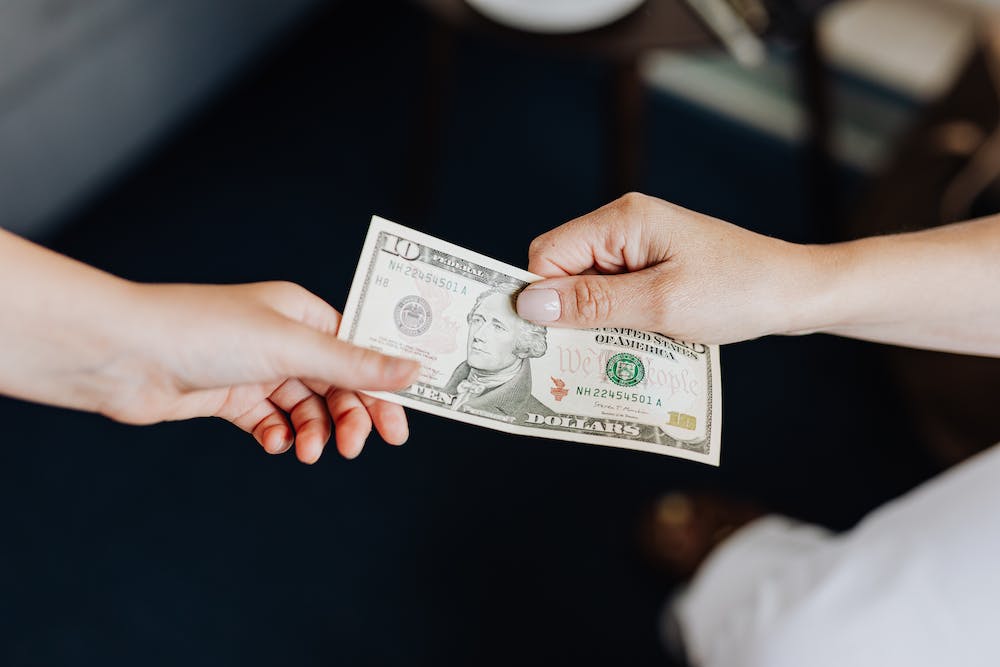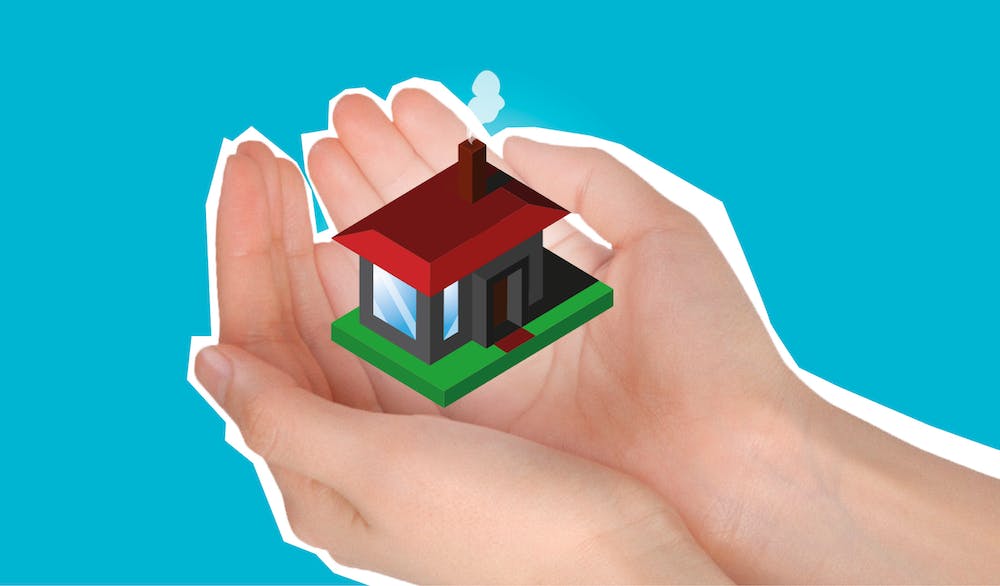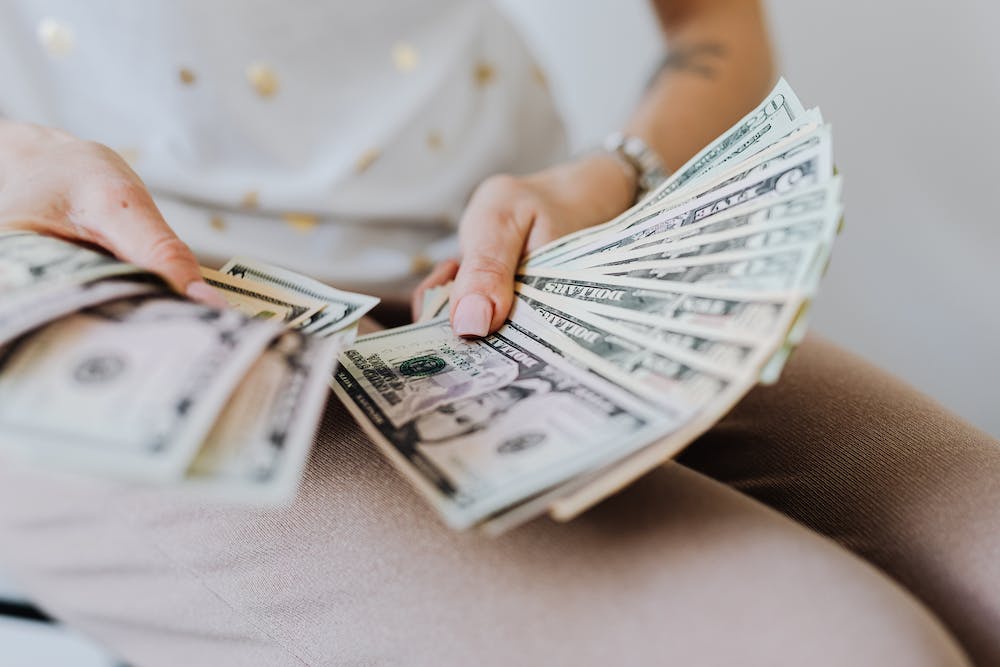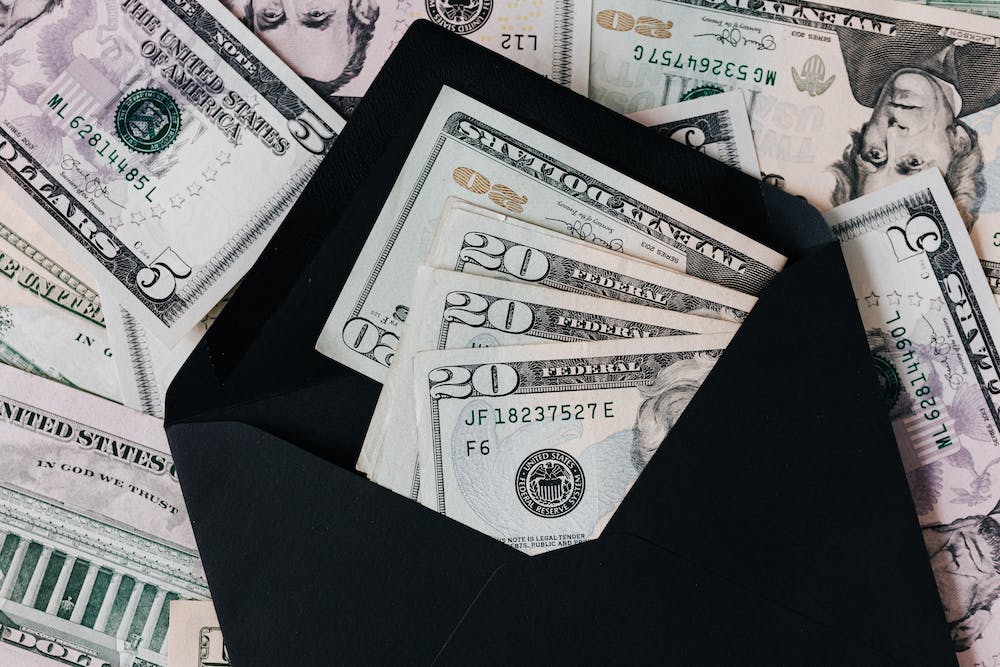How to Get a Home Loan with a Low Down Payment
 If you’re dreaming of buying a house but don’t have enough savings for a large down payment, you might be wondering if there’s a way to get a home loan with a low down payment. The good news is that there are several options available for borrowers who want to purchase a home with a small amount of money upfront. In this blog post, we’ll explain what a down payment is, why it matters, and how you can get a home loan with a low down payment.
If you’re dreaming of buying a house but don’t have enough savings for a large down payment, you might be wondering if there’s a way to get a home loan with a low down payment. The good news is that there are several options available for borrowers who want to purchase a home with a small amount of money upfront. In this blog post, we’ll explain what a down payment is, why it matters, and how you can get a home loan with a low down payment.
 What is a down payment?
What is a down payment?
 A down payment is the amount of money that you pay upfront when you buy a home. It’s usually expressed as a percentage of the home’s purchase price. For example, if you buy a home for $200,000 and make a 10% down payment, you’ll pay $20,000 upfront and borrow $180,000 from the lender.
A down payment is the amount of money that you pay upfront when you buy a home. It’s usually expressed as a percentage of the home’s purchase price. For example, if you buy a home for $200,000 and make a 10% down payment, you’ll pay $20,000 upfront and borrow $180,000 from the lender.
 Why does a down payment matter?
Why does a down payment matter?
 A down payment matters for several reasons. First, it affects how much you can borrow and what interest rate you’ll get on your loan. Generally, the higher your down payment, the lower your loan-to-value ratio (LTV), which is the percentage of the home’s value that you owe. A lower LTV means that you have more equity in your home and pose less risk to the lender, which can result in better loan terms and lower interest rates.
A down payment matters for several reasons. First, it affects how much you can borrow and what interest rate you’ll get on your loan. Generally, the higher your down payment, the lower your loan-to-value ratio (LTV), which is the percentage of the home’s value that you owe. A lower LTV means that you have more equity in your home and pose less risk to the lender, which can result in better loan terms and lower interest rates.
 Second, a down payment affects whether you’ll have to pay private mortgage insurance (PMI) or not. PMI is an extra fee that lenders charge borrowers who have less than 20% equity in their homes. PMI protects the lender in case you default on your loan, but it can add hundreds of dollars to your monthly mortgage payment. If you can make a 20% down payment or more, you can avoid paying PMI and save money in the long run.
Second, a down payment affects whether you’ll have to pay private mortgage insurance (PMI) or not. PMI is an extra fee that lenders charge borrowers who have less than 20% equity in their homes. PMI protects the lender in case you default on your loan, but it can add hundreds of dollars to your monthly mortgage payment. If you can make a 20% down payment or more, you can avoid paying PMI and save money in the long run.
 Third, a down payment affects how much cash you’ll need at closing. Closing costs are fees that you pay to finalize your home purchase, such as appraisal fees, title fees, origination fees, and taxes. Closing costs can vary depending on your location, lender, and loan type, but they typically range from 2% to 5% of the home’s purchase price. If you have a low down payment, you’ll need more cash at closing to cover these costs.
Third, a down payment affects how much cash you’ll need at closing. Closing costs are fees that you pay to finalize your home purchase, such as appraisal fees, title fees, origination fees, and taxes. Closing costs can vary depending on your location, lender, and loan type, but they typically range from 2% to 5% of the home’s purchase price. If you have a low down payment, you’ll need more cash at closing to cover these costs.
 How can I get a home loan with a low down payment?
How can I get a home loan with a low down payment?
 If you don’t have enough savings for a large down payment, don’t worry. There are several ways to get a home loan with a low down payment, such as:
If you don’t have enough savings for a large down payment, don’t worry. There are several ways to get a home loan with a low down payment, such as:
 – FHA loans: FHA loans are mortgages insured by the Federal Housing Administration (FHA), which allows borrowers to make as little as 3.5% down payment on their homes. FHA loans are popular among first-time homebuyers and those with lower credit scores or income levels. However, FHA loans require borrowers to pay an upfront mortgage insurance premium (UFMIP) and an annual mortgage insurance premium (MIP), which can increase your monthly payments and total loan cost.
– FHA loans: FHA loans are mortgages insured by the Federal Housing Administration (FHA), which allows borrowers to make as little as 3.5% down payment on their homes. FHA loans are popular among first-time homebuyers and those with lower credit scores or income levels. However, FHA loans require borrowers to pay an upfront mortgage insurance premium (UFMIP) and an annual mortgage insurance premium (MIP), which can increase your monthly payments and total loan cost.
– VA loans: VA loans are mortgages guaranteed by the Department of Veterans Affairs (VA), which allows eligible veterans, service members, and their spouses to buy homes with no down payment at all. VA loans also offer competitive interest rates and no PMI requirement. However, VA loans require borrowers to pay a one-time VA funding fee, which can be paid upfront or rolled into the loan balance.
– USDA loans: USDA loans are mortgages backed by the U.S. Department of Agriculture (USDA), which allows eligible rural and suburban homebuyers to buy homes with no down payment at all. USDA loans also offer low interest rates and no PMI requirement. However, USDA loans require borrowers to pay an upfront guarantee fee and an annual fee, which can increase your monthly payments and total loan cost.
– Conventional loans: Conventional loans are mortgages that are not insured or guaranteed by any government agency, but conform to the standards set by Fannie Mae and Freddie Mac, two government-sponsored enterprises that buy and sell mortgages on the secondary market. Conventional loans typically require borrowers to make at least 5% down payment on their homes, but some lenders may offer programs that allow borrowers to make as little as 3% down payment. Conventional loans also offer flexible loan terms and lower interest rates than FHA loans for borrowers with good credit scores

